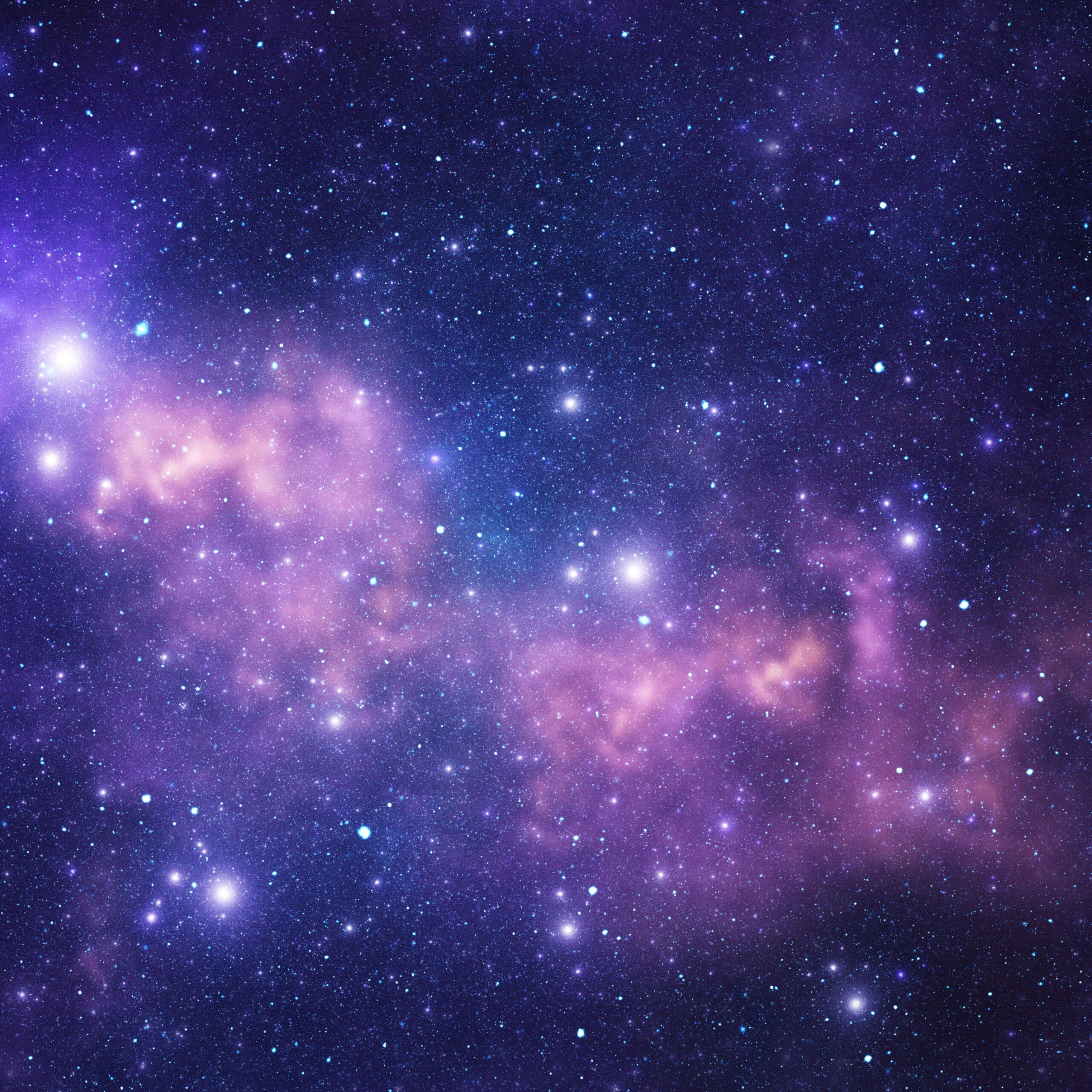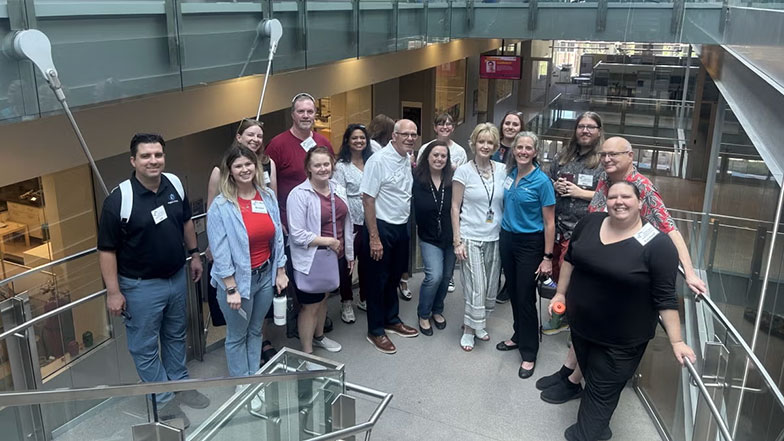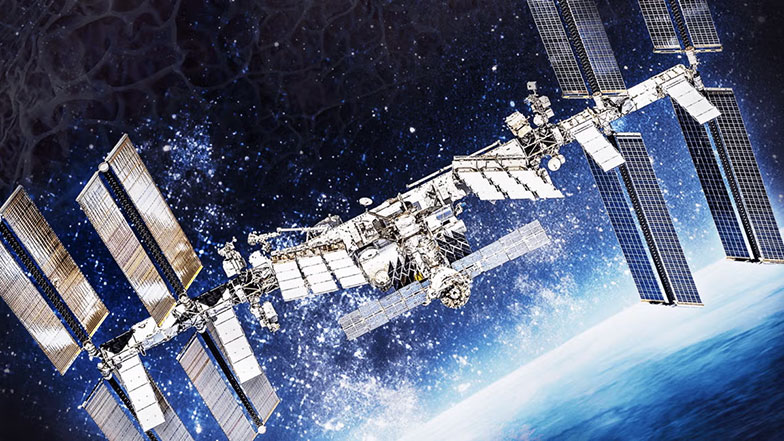Transforming middle school science education
The Microgravity Summer Institutes for Middle School Teachers advances STEM education by providing educators with the tools and knowledge to inspire the next generation of scientists and engineers. By engaging teachers in hands-on activities and real research data from the International Space Station, these workshops help demystify complex scientific concepts such as microgravity, making them more accessible to students.
What is the Microgravity SIMST?
A one-day workshop offered in partnership with Orion’s Quest where passionate educators explore the basic physical concepts of microgravity in accessible terms. Teachers develop lesson plans and engage in hands-on activities to bring microgravity and real research data from the International Space Station into their classrooms. A certification recognizing advanced instructional skills is provided upon completion.
What you’ll gain
- Cutting-edge microgravity science instruction.
- Strategies to connect classroom learning with actual space exploration.
- Tools to inspire student curiosity and potential space sector careers.
In summer 2024, Microgravity SIMST workshops were offered at Arizona State University, Stanford University and University of Colorado Boulder.
Why study microgravity with middle schoolers?
Studying microgravity not only advances our understanding of science but also offers valuable educational opportunities that can inspire the next generation of scientists and innovators.
Microgravity provides a unique laboratory where scientists can study phenomena without the interference of gravity. This allows for observations and experiments that are impossible on Earth, such as how fluids behave differently when buoyancy and sedimentation are minimized.
Teaching about microgravity can spark students’ interest in science and space exploration. The concept of weightlessness is fascinating and can inspire curiosity about physics, biology and engineering.
With Microgravity SIMST, teachers can incorporate hands-on activities based on real experiments sent to the International Space Station, such as the cutting-edge microgravity research happening at ASU by Cheryl Nickerson. This makes learning interactive and memorable, and enhances student engagement.
Enabling others to offer the Microgravity SIMST program
A workshop implementation guide is available, offering higher education institutions, school districts and related organizations everything needed to run their own Microgravity SIMST program.

Microgravity Summer Institute news

Interplanetary Initiative empowers teachers with microgravity science workshops
Middle school educators tour labs, participate in curricular activities during summer series of workshops.

Interplanetary Initiative wins ISS National Laboratory grant
The Interplanetary Initiative at Arizona State University won a grant from the International Space Station National Laboratory to develop a new professional development program to help middle school teachers incorporate microgravity concepts into their classrooms.
Frequently asked questions
While no future offerings are currently scheduled, more opportunities may be available soon. Stay informed about upcoming programs by subscribing to our newsletter.
Orion’s Quest is a free, online, standards-aligned education platform that allows for experiential learning through live or virtual “missions.” Activities allow students to analyze real data from the ISS and submit their findings to scientists, engaging the students in real-world empirical inquiry and knowledge-making. Members of the Orion’s Quest team supported the design and facilitation of the summer 2024 Microgravity SIMST.
Middle school is a critical educational turning point:
- STEM engagement dramatically declines between grades 4-8 (performance drops from above average to average relative to international norms).
- Science interest drops from 64% to 50% (from the National Center for Education Statistics).
- A single teacher can positively impact over 100 students annually.
- Early, targeted educational support maintains academic standards.
Please reach out to us at interplanetary@asu.edu with any questions about this program.

This program is generously supported by a grant from the International Space Station National Laboratory.